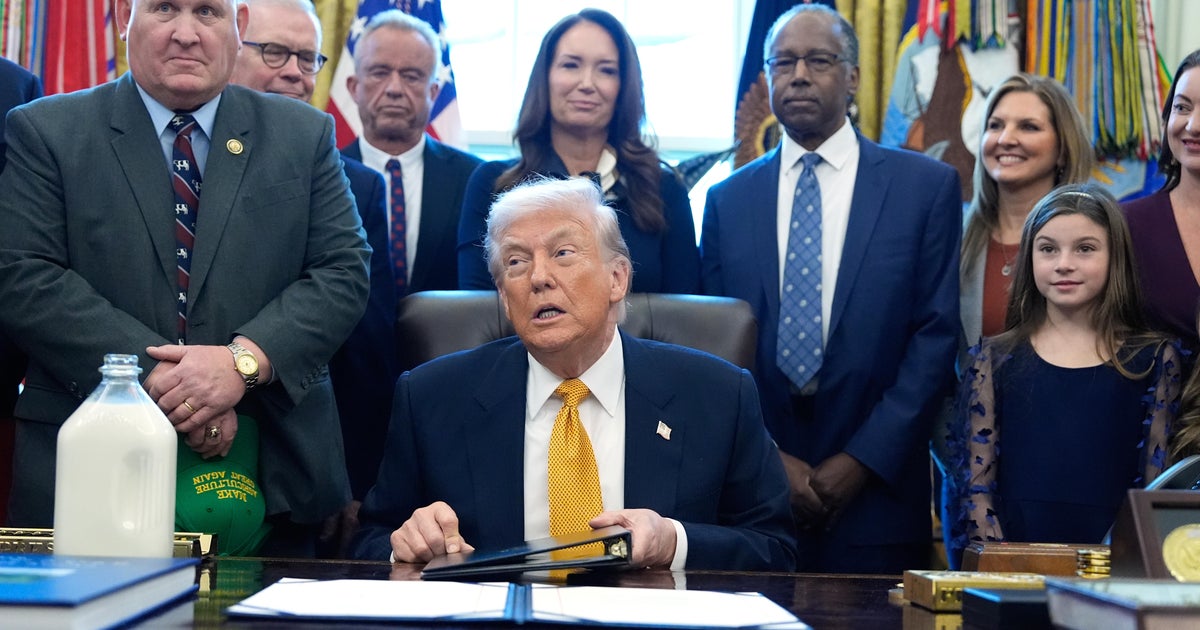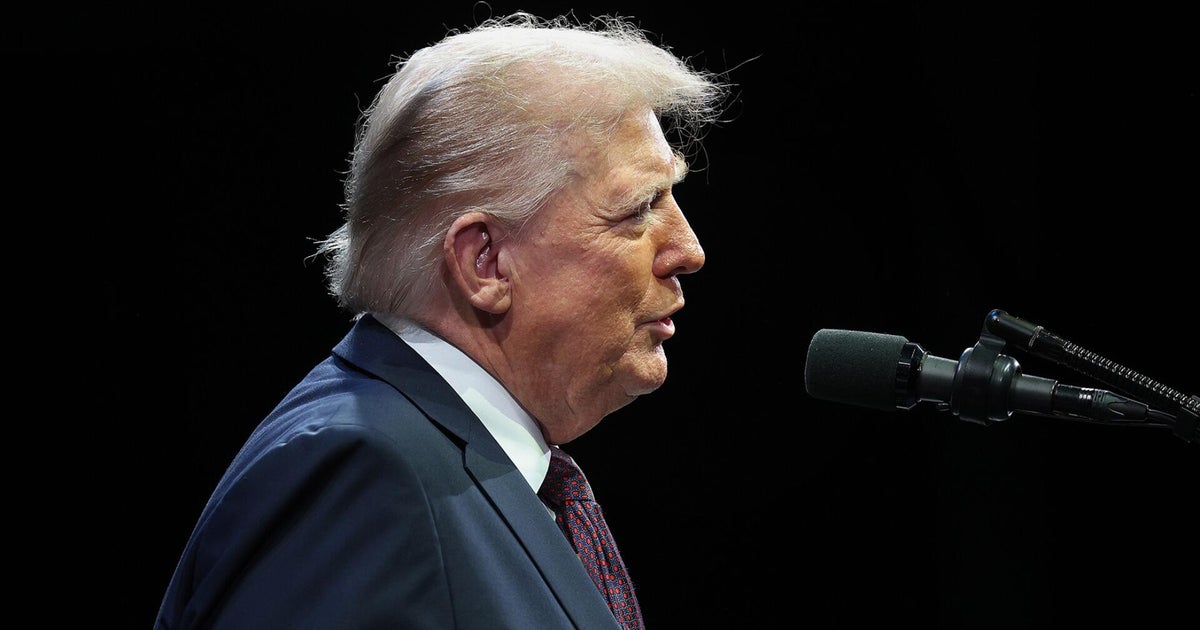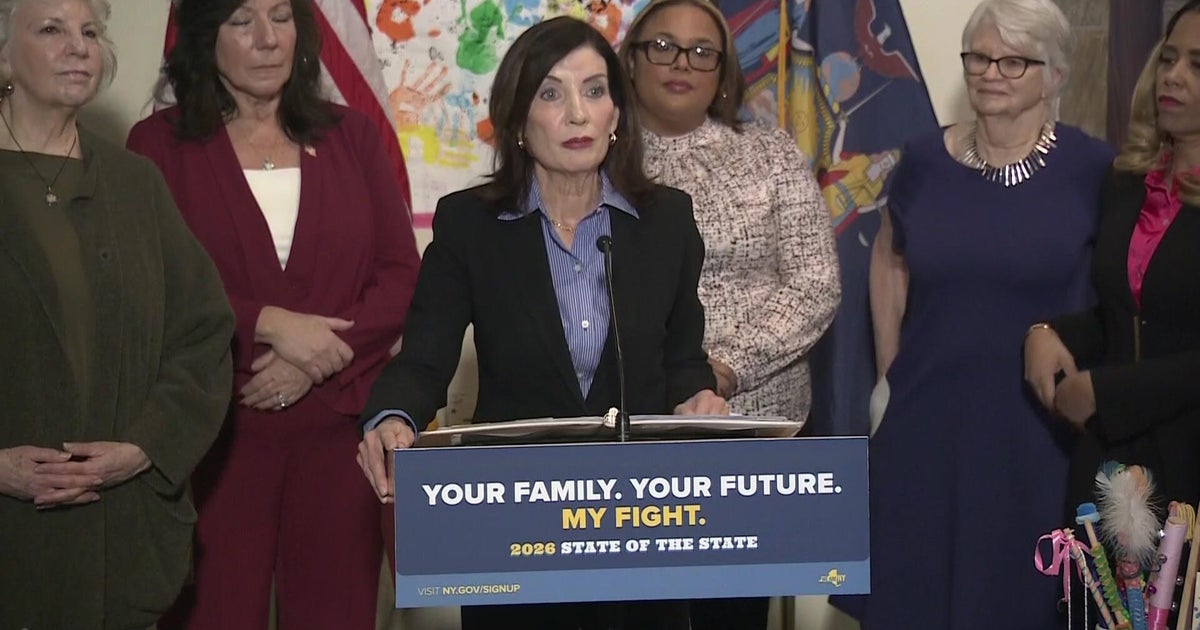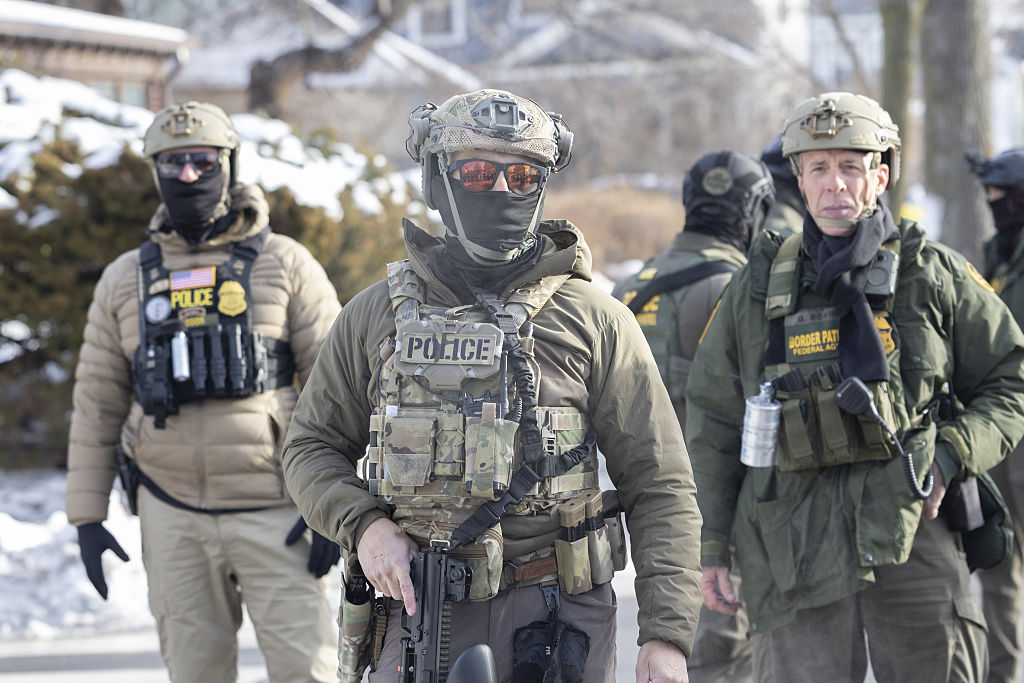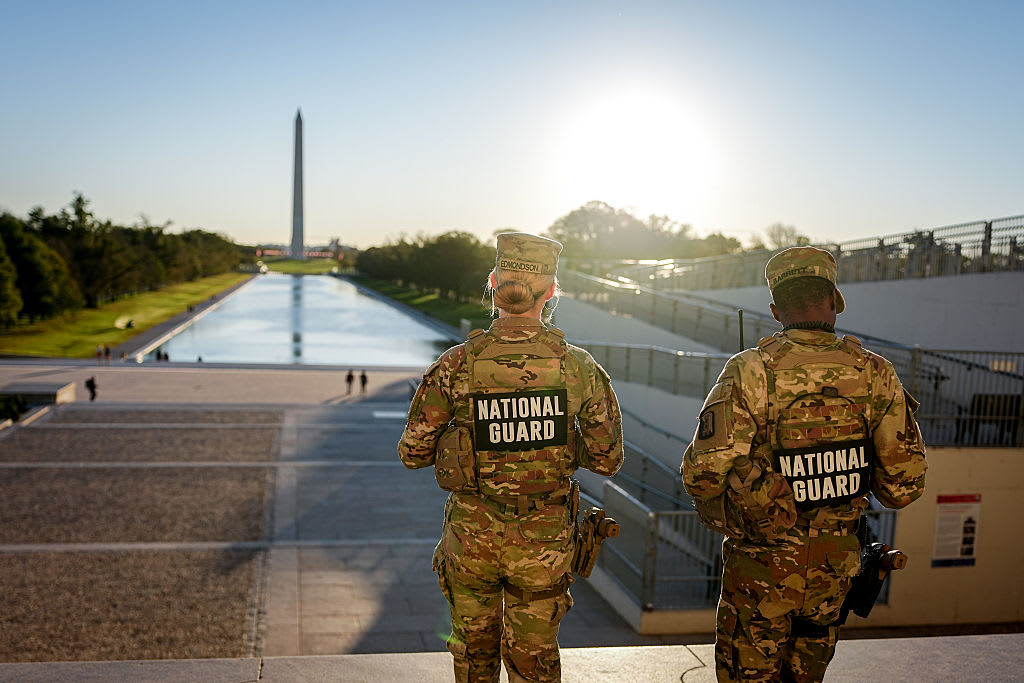Trump "brought more tension" to Kenosha with his visit, Wisconsin attorney general says
President Trump's visit to Kenosha, Wisconsin earned him criticism from state and local officials who said his decision to go despite Governor Tony Evers' opposition stoked racial and social tensions in the already-embattled city.
Wisconsin Attorney General Josh Kaul echoed Evers' criticism of Mr. Trump's visit.
"The situation on the ground in Kenosha had been improving significantly over the past several days, and having the president come brought more tension to that situation," Kaul said on "CBS This Morning" Wednesday.
Protests erupted in the city after the police shooting of Jacob Blake, a Black man who was shot seven times in the back by officers while he was opening his car door. The unrest turned deadly when White Illinois teenager Kyle Rittenhouse shot two people dead last week. An attorney for the teen, who faces homicide charges, maintains he acted in self-defense. The case is being prosecuted by the Kenosha district attorney, not Kaul's office.
Kaul criticized the president for not issuing a "condemnation of vigilante violence" during his visit, during which Mr. Trump also made no reference to Blake or his family. The president did hold a public roundtable with police and other law enforcement officials.
"There was nothing from the president about how we can work together to address systemic racism," he said, referring to a video clip of Mr. Trump's event in which he deflected a question on racism and turned the focus onto "tremendous violence" in Portland and Kenosha.
Kaul called on officials to offer unity and listen to communities reeling from the massive upheavals around the country.
"Refusing to condemn vigilante violence, whether it's in Charlottesville or in Kenosha, is unacceptable from our leaders," he said. "I'm hoping we will finally hear a clear condemnation of that violence from President Trump."
He pledged the investigation into Blake's shooting would proceed "swiftly but consistently," and cautioned the public not to "prejudge any facts" before all the evidence was collected.
"Over 80 witnesses have been interviewed. Over 100 pieces of evidence have been collected, and the investigation continues to move forward," Kaul said. "We want to gather the evidence as fully and fairly, but also swiftly, consistent with that as possible, so that a charging decision can be made as quickly as possible."

